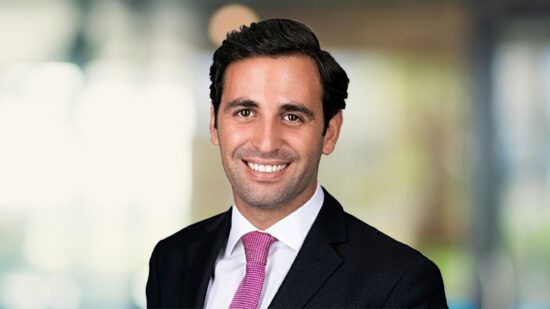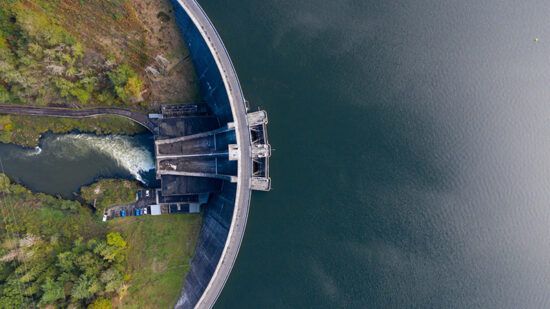The European Investment Bank (EIB) has said that it will no longer finance the low-carbon projects of firms that are high emitters in other segments of their business.
In a statement on its website released on the eve of the COP26 summit in Glasgow, the EIB said that corporate clients would need to ‘develop and disclose decarbonisation and reliance plans’ from 2022.
The bank added: “In general, EIB will no longer finance standard low-carbon projects of high-emitting corporates if the corporate continues to operate or invest in activities that are not aligned with the goals of the Paris Agreement. Large financial institutions are asked to increase climate-related disclosures. The EIB Group is offering technical support to clients to help them prepare credible and robust climate plans.”
Despite being reported in The Guardian that the EIB will no longer provide loans or financing to fossil fuel companies, the bank’s statement was actually more vague and did not include the phrase ‘fossil fuels’. While the EIB had said earlier in 2019 that it would end financing for fossil fuel projects by the end of this year, this week’s statement lacked that clarity.
Among its existing loopholes is the phrase ‘in general’ that begins the EIB’s statement, which implies that some low-carbon projects of high emitters could still receive funding. The EIB is also careful to point out that this move only applies to ‘corporates’.
At the same time, it does not provide a definition to what ‘high-emitting corporates are’ and does not detail how large financial institutions will be asked to increase climate-related disclosures.
Five principles
The EIB put out other news this week. Along with the African Development Bank Group, the Asian Development Bank, the Asian Infrastructure Bank, the European Bank for Reconstruction and Development, the International Development Bank, the Islamic Development Bank, and the New Development Bank, the EIB issued a joint statement committing as a group to a just transition.
That statement outlined five principles that the banks said they would follow. These were:
- Multi-lateral Development Bank (MDB) support for a just transition aims to deliver climate objectives while enabling socioeconomic outcomes, accelerating progress towards both the Paris Agreement and the SDG.
- MDB support for a just transition focuses on moving away from GHG emissions intensive economic activities through financing, policy engagement, technical advice and knowledge sharing, in line with MDB mandates and strategies, and country priorities including NDCs and long-term strategies.
- MDBs will encourage support for a just transition by building on existing MDB policies and activities, mobilising other sources of public and private finance, and enhancing coordination through strategic plans that aim to deliver long-term, structural economic transformation.
- MDB support for a just transition seeks to mitigate negative socio-economic impacts and increase opportunities associated with the transition to a net zero economy, supporting affected workers and communities, and enhancing access to sustainable, inclusive and resilient livelihoods for all.
- MDB support for a just transition encourages transparent and inclusive planning, implementation and monitoring processes that involve all relevant stakeholders and affected groups, and that further inclusion and gender equality.







